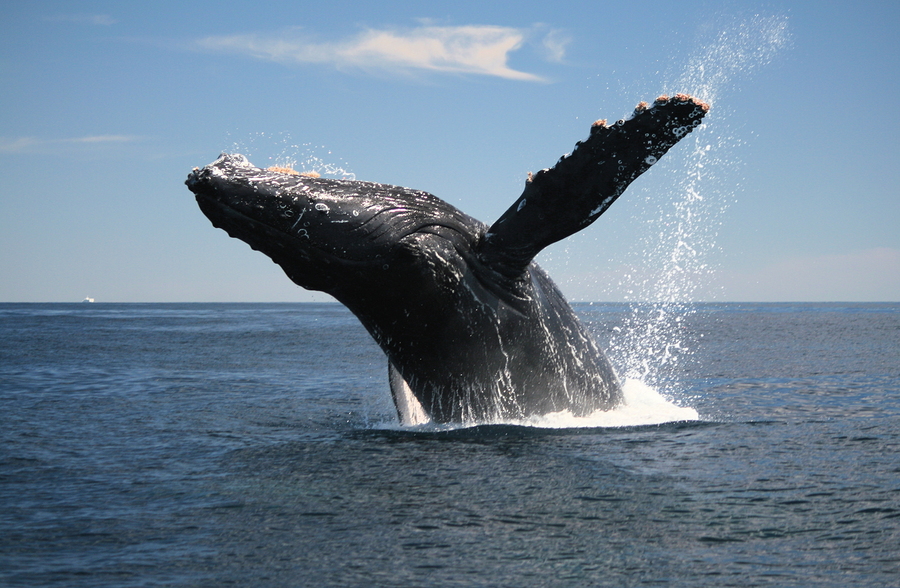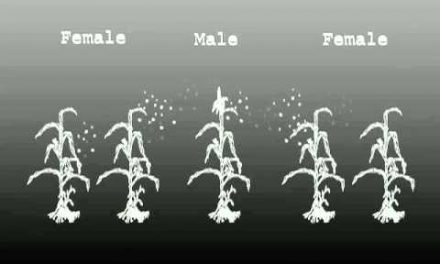Japanese researchers have found that male humpback whales, known for their powerful and haunting songs(listen below), are singing shorter songs or no songs at all, because of all the noise in the ocean due to the vast amount of shipping we do.
“Baleen whales such as humpbacks use songs to communicate, search for food, find mates and navigate the seas, but in Japan, their voices are being drowned out by the din of cacophonous human activity.”1
Published in the journal PLOS ONE, the study found more evidence that marine life does suffer at the hands of “human-generated noise pollution.”2 (Scientists had previously found that these “auditory onslaughts threatened the health and lives of various sea creatures.”)3)
“In the new study, researchers from Ogasawara Whale Watching Association and Hokkaido University in Japan used underwater recorders to examine how the noise of a single passing ship affects humpback whalesongs around the Ogasawara Islands. From February to May 2017, they recorded the singing of one to three whales per day and 26 singers in total.
After listening to the recordings, the researchers determined that fewer male humpbacks sang within 500 meters of the shipping lane than elsewhere when a ship passed through the remote area. Whales within 1,200 meters tended to temporarily reduce singing or stop altogether after the ship passed. Most of those whales that stopped singing did not resume their songs until at least 30 minutes after the ship passed.”4
Sonic Sea: Sounding the Alarm on Ocean Noise https://t.co/QLD84ICuFP @TheScienceGuy @ScienceNewsOrg
— EcoWatch (@EcoWatch) May 17, 2016
Spencer Fire, assistant professor in Florida Tech’s Department of Ocean Engineering and Marine Sciences, said, “…if [whales] have to wait in order to communicate, then they might not be able to breed and so that has reproductive consequences” 5 and that the noise could also push them from their actual habitats and force them to resettle “where they may be chasing food that moves too fast, or that doesn’t have high enough nutritional content. And usually, energy intake is what makes or breaks animal survival.”6
It’s a fascinating and eye-opening study. As we continue to live on this earth like it’s got no expiration date, studies like this should wake us up and move us toward action. But, do they?












